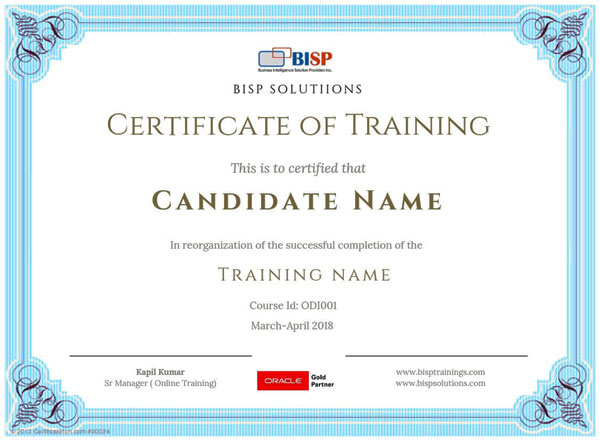Why to become a certified salesforce Developer?
A Salesforce Developer credential will immediately give you high salary boost and great career opportunities. Salesforce is one of the fastest-growing, most in-demand skillsets today. From software developers, to solutions architects, to project managers and marketing and sales professionals, Salesforce skills pay off for a wide array of roles. Demand for Salesforce developers is growing rapidly and companies are looking for proven, certified professionals.
Market demand for salesforce Developer ?
Salesforce commands the top spot as a core technology. Salesforce expertise is one of the most in-demand skills in the marketplace today. According to the Burning Glass report, Salesforce is the hot skill for both Non & Core-Technical. The average salary range for Salesforce Administrators is $80,000 to $120,000 based on certifications and previous experience. The bottom line is that Salesforce skills lead to competitive salaries.
Acquire New Skills
Prerequisite
This certification training course does not presume or require any prior knowledge or prerequisites. However, basic knowledge of salesforce concepts be an added advantageous. We are recommending that students should have following:
Course Summary
Our Salesforce platform developer certification course curriculum is designed by certified professionals based on certification examination and its pattern. After completion of course students have deep understanding over concepts also usage of the Force.com platform to designing new applications, visualforce components to customize interface based on customers requirements. Candidates possess the ability to create advanced applications using Apex page controllers. Our certified and professional experts who are continuously using market experience to produce logical and precise course contents have made detailed research of DEV-401 Exam and certification. You can get some questions from different books and sites, but clarity in fundamentals concept is the prime key for any certification examination. Our professional experts help or guide you to clear exam and definately you can clear certification examination in your first attempt. Certification give you high salary boost and great career opportunities.
Introduction to Salesforce Developer - I Certification Course Curriculum
Salesforce.com Introduction
Setting up Salesforce Application
Building Data Model
Getting your organization ready for users
Setting UP and managing users
Security and Data Access
Customization Fields
Managing Data
Data Validation in Salesforce.com CRM
Automation
Reports and Dashboards
Sharing and Security
Implementing Business Processes
Visual force Pages
Introduction to Force.com Code
Force.com Code Building Blocks
Force.com Code Class Construction
Force.com Triggers & Data
Batch Apex in Salesforce
Class Delivery
Delivery Methodology
We are using an experiential delivering methodology that blends theoretical concepts with hands-on practical learning to ensure a holistic understanding of the subject or course.

Certification demonstrates your dedication, motivation and technical knowledge on a specific platform. Having a certification shows that you not only possess comprehensive knowledge of that technology but you also care enough about your own career to spend the time and money to get the certification.
We are welcoming our Students or professionals to participate in our professional online courses. We are offering great variety of online training programs and professional courses that you can always find as desired. After the completion of training program they will receive a certificate from BISP. As a Certified professional you can apply that knowledge in your future profession and enjoy with better salaries & career prospects.
